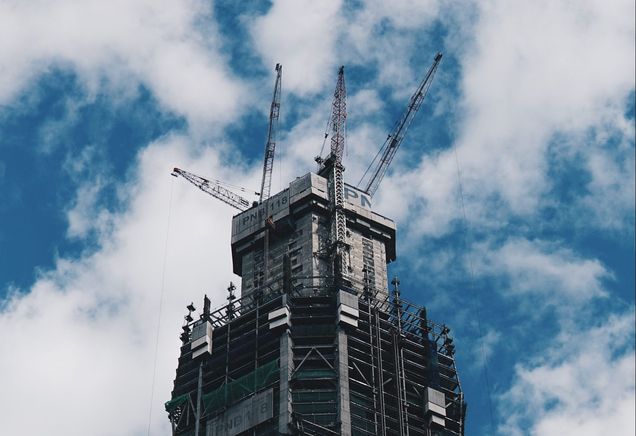Supporting Energy Transitions and COVID-19 Recovery: The Role of International Financial Institutions

The need to recover from the COVID-19 pandemic has given developing countries the opportunity to embark on an energy transition that supports green growth while rebuilding and reenergizing their economies. However, the divergent paces of economic recovery between advanced economies and developing countries are creating a challenging macroeconomic situation. In particular, interest rate hikes may constrain developing countries’ ability to access low-cost financing. In this context, the role of multilateral development banks (MDB) is particularly salient.
Group of 20 (G20) members have an important role in governing MDBs, and as such, the G20 has a unique opportunity to help MDBs tackle the challenges created by climate change and member states shift to sustainable development pathways. With the capital adequacy frameworks of MDBs on the G20 agenda this year, G20 members should take concrete steps to bolster the balance sheets of MDBs.
A new policy brief for the Think 20 (T20) by Rishikesh Ram Bhandary and coauthors outlines what changes are needed to enable MDBs to scale up energy finance in a significant manner. The brief focuses on the capital base of MDBs, the need to target financial and non-financial barriers to scaling up renewable energy and the importance of maximizing value addition through a focus on clean energy value chains.
Policy recommendations:
- Increasing the capital base: G20 members need to use their engagement with MDBs to increase paid-in capital and ultimately increase the total size of MDB lending, use their voice on the boards of MDBs to make use of the headroom the banks have to increase lending, as well as mandate MDBs to explore a wider range of instruments that accelerate the deployment of finance while preserving host country ownership.
- Addressing financial and non-financial barriers: MDBs should incorporate barrier analyses into their work to help host countries expand their clean energy portfolios, as well as pay attention to the regulatory and governance barriers that may be impeding the scaling up of clean energy. This support could be tailored toward helping countries tackle those barrier through instruments such as policy-based lending. Overall, a focus on non-financial barriers calls for more attention to a larger set of instruments that MDBs should use to deploy clean energy.
- Building clean energy value chains: MDBs face increased capital requirements, not just to implement their climate plans but also to help support the global transition to net-zero by mid-century. The G20 has an important opportunity to increase the capital base of MDBs and help facilitate this process by paying attention to capital allocations within MDBs for clean energy.